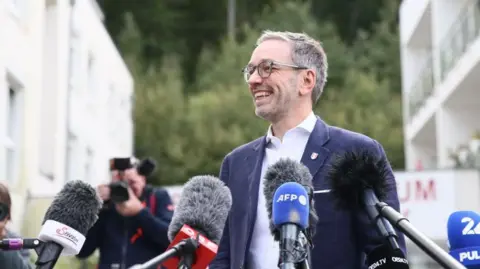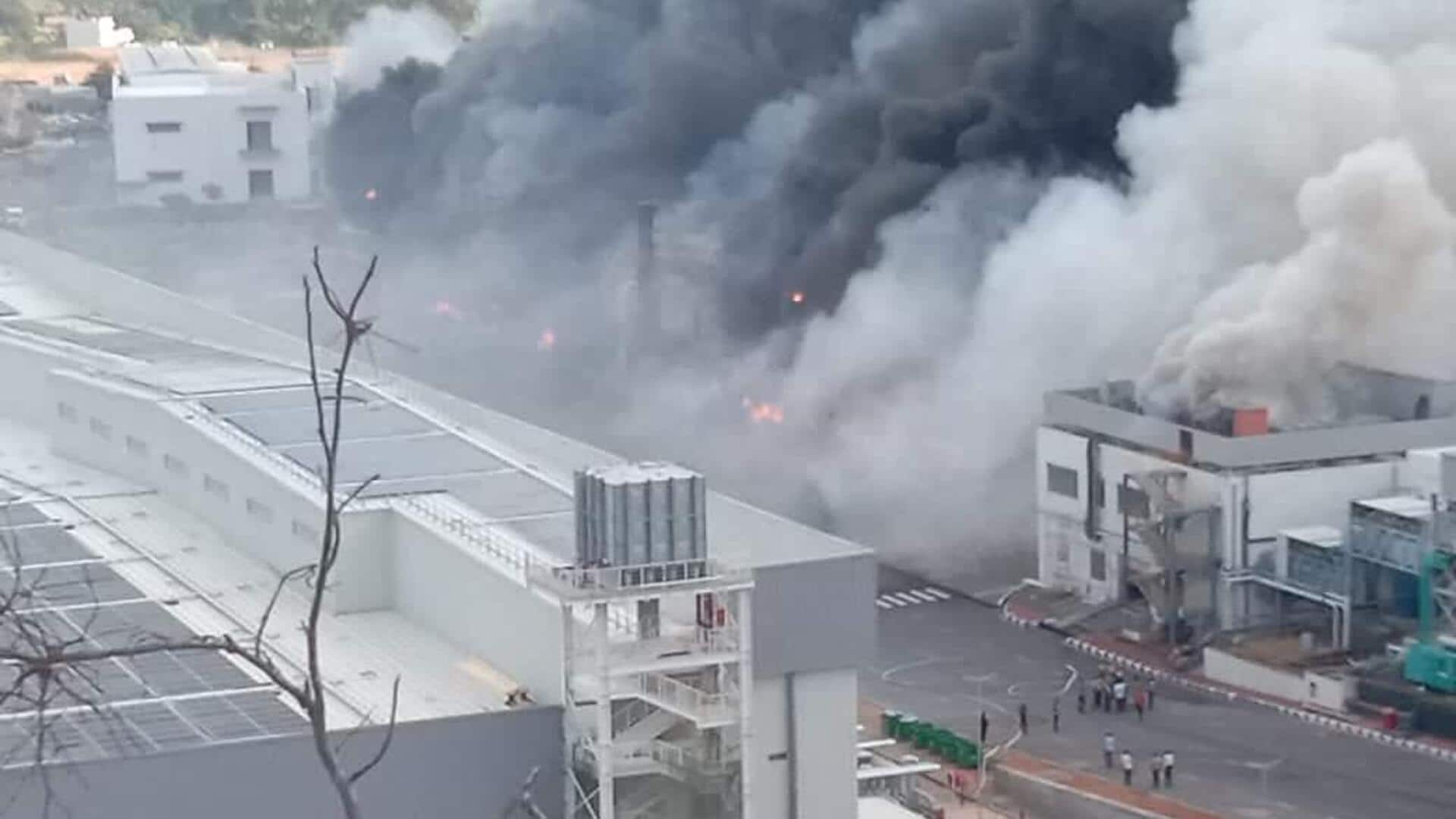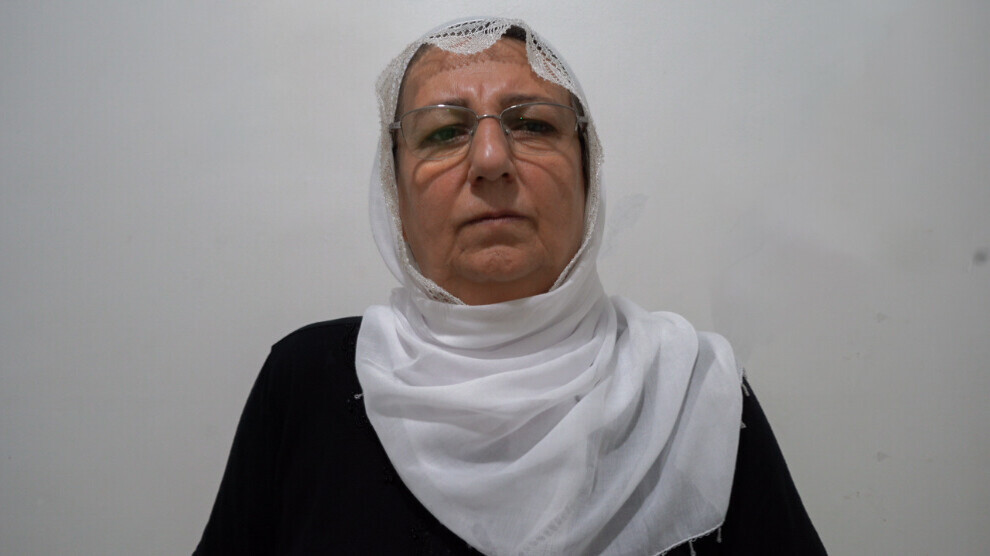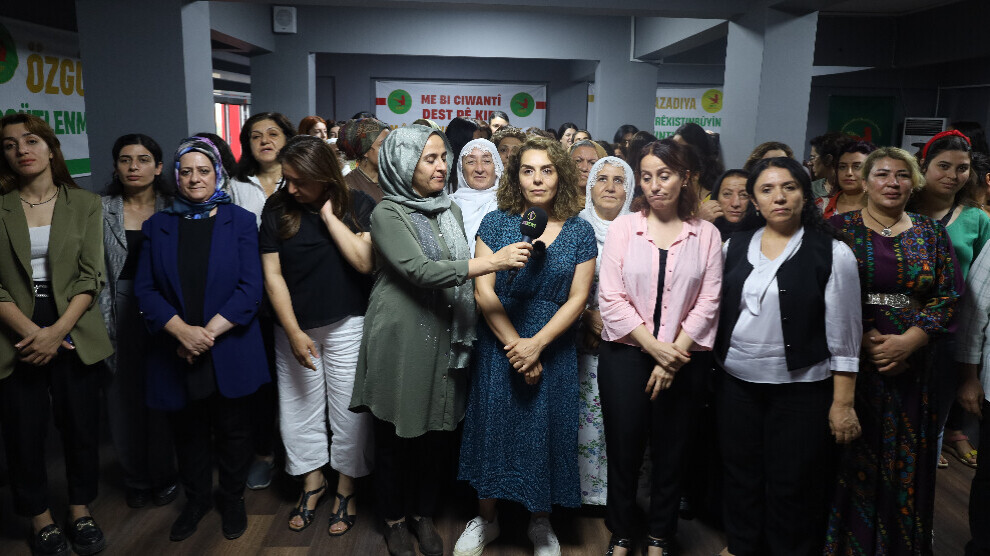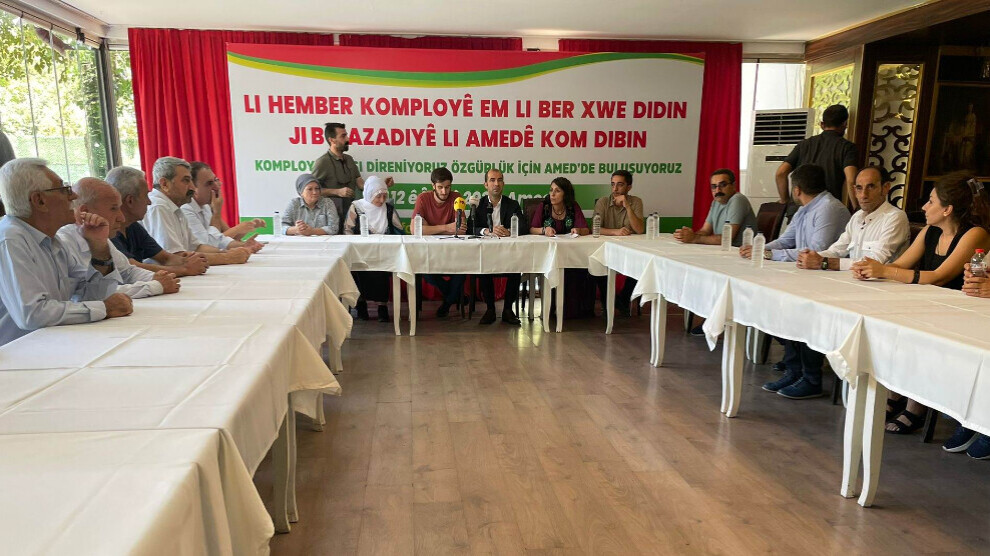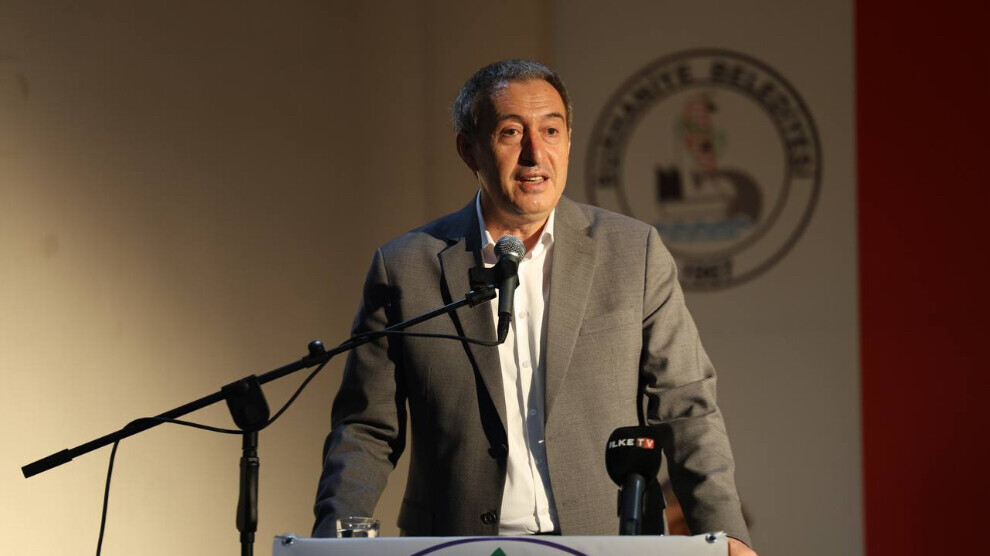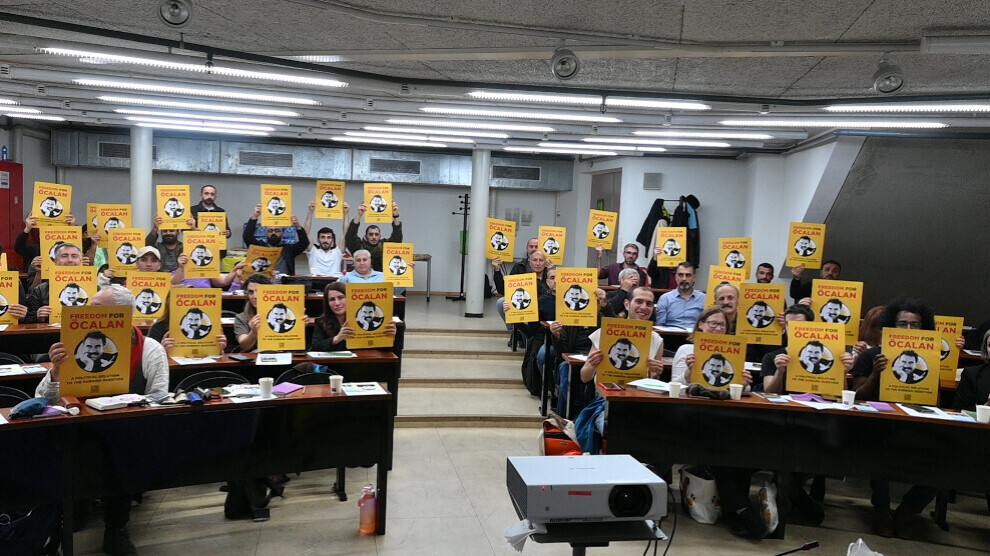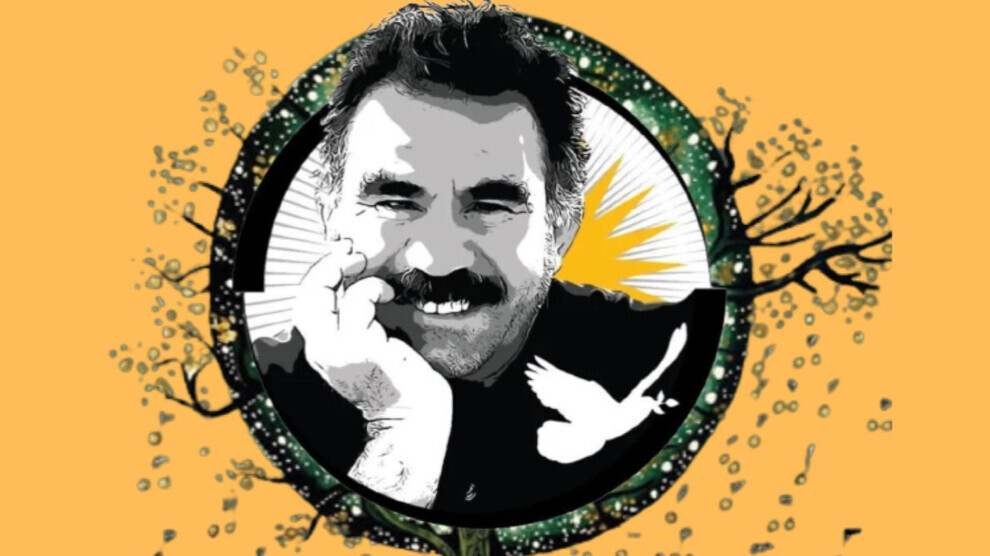Pope Francis suggested Sunday that Israel's attacks in Gaza and Lebanon have been “immoral” and disproportionate, saying its military domination has gone beyond
The New Arab Staff & Agencies
29 September, 2024

Pope Francis arrives in Popemobile for a Holy Mass in the King Baudouin Stadium on September 28, 2024 in Brussels, Belgium. [Getty]
Pope Francis, asked on Sunday about Israeli airstrikes in Lebanon that killed Hezbollah leader Sayyed Hassan Nasrallah as well as non-combatants, criticised military attacks that he said go "beyond morality".
On the flight back to Rome from Belgium, the pontiff said countries cannot go "over the top" in using their military forces.
"Even in war there is a morality to safeguard," he said. "War is immoral. But the rules of war give it some morality."
Responding to a question during an in-flight press conference about Israel's latest strikes, the 87-year-old pope said: "Defence must always be proportionate to the attack. When there is something disproportionate, you see a tendency to dominate that goes beyond morality."
Francis, as leader of the world's 1.4 billion Catholics, often makes calls for an end to violent conflicts, but is usually cautious about appearing to determine the aggressors.
He has spoken more openly in recent weeks about Israel's military actions in its nearly year-long war on the devastated Palestinian territory.
Last week, the pope said Israeli airstrikes in Lebanon were "unacceptable" and urged the international community to do everything possible to halt the fighting.
In a Sept. 28 press conference, he decried the deaths of Palestinian children in Israeli strikes in Gaza.
Francis said on Sunday he speaks on the phone with members of a Catholic parish in Gaza "every day". He said the parishioners tell him about conditions on the ground, and "also the cruelty that is happening there".
A Catholic university took the rare step of criticizing Pope Francis, saying that he called women “a fertile welcome, care, vital devotion.”
By Anthony Faiola and Stefano Pitrelli
September 29, 2024
The Washington Post
ROME — A Catholic university in Belgium took the rare step of criticizing Pope Francis, saying he gave a “reductive” view on the role of women in society during a visit there this weekend.
During a Saturday visit to the University of Louvain, Francis said: “The woman is more important than the man, but it’s bad when the woman wants to be a man,” according to Vatican News, the official news outlet of the Holy See.
Francis also said that “a woman within the People of God is a daughter, a sister, a mother.”
After his address to the university, which had largely delved into warnings about climate change and war, UCLouvain issued a statement thanking Francis for his remarks while asserting “its incomprehension and disapproval of the position expressed by Pope Francis regarding the role of women in the Church and in society.”
The university said it disagreed with his “deterministic and reductive position,” citing comments from Francis that women were “a fertile welcome, care, vital devotion.”
A Vatican spokesman did not immediately respond to a request for comment.
Seen by some as a progressive modernizer, Francis, 87, has nevertheless held firm on the church’s ban on women serving as priests or deacons. In an interview with “60 Minutes” that aired in May, he said that “women are of great service as women, not as ministers.”
He has sought to exalt women’s role in the church and society while rarely straying far from traditional Catholic teaching on gender. Catholic teachings state that women are “equal” to men but limit their role as clerics and place emphasis on motherhood, the traditional family and protecting “the dignity” of the “daughter, of the wife, of the mother.”
Some of Francis’s comments came after a letter from students was read aloud to him. “Women have been made invisible,” the letter said, according to the Associated Press. “Invisible in their lives, women have also been invisible in their intellectual contributions. What, then, is the place of women in the church?”
Lucetta Scaraffia, a church historian and former editor of Vatican women’s magazine Women Church World, said of Francis’s comments: “I wasn’t surprised at all. Especially on women, I’ve always thought he was quite the traditionalist.”
Francis is in Belgium largely to commemorate the 600th anniversary of two Catholic universities, UCLouvain and KU Leuven.
During his UCLouvain speech, Francis did not detail any plans for change in women’s roles in the church. Francis has previously created two commissions to examine the role of women as deacons and has also referred the issue to a study group, which is set to discuss the topic through next summer. The global Catholic church, meanwhile, remains split on the issue. The second of two major church summits held over two years — which opens in Rome next month — is not expected to deliver any resolution.
Andrea Grillo, professor of sacramental theology at the Anselmianum, a pontifical university in Rome, said that Francis’s statements sounded “as if a woman can only be a mother, wife, daughter or sister — roles that are always beholden to man. Whereas men are free to be what they will. … It’s a very old kind of ‘wisdom’ that the contemporary world has walked past.”
During his trip to Belgium, Francis — who met privately with 17 Belgian victims of clerical abuse on Friday — also faced unusually strong words from King Philippe and Prime Minister Alexander De Croo on the handling of such cases.
“Words alone are not enough,” Philippe said of the church’s response in his speech welcoming Francis.

By Anthony FaiolaAnthony Faiola is Rome Bureau Chief for The Washington Post. Since joining the paper in 1994, he has served as bureau chief in Miami, Berlin, London, Tokyo, Buenos Aires and New York and additionally worked as roving correspondent at large. follow on X @Anthony_Faiola

By Stefano PitrelliStefano Pitrelli is a reporter in the Rome bureau for The Washington Post.follow on X @StefanoPitrelli
